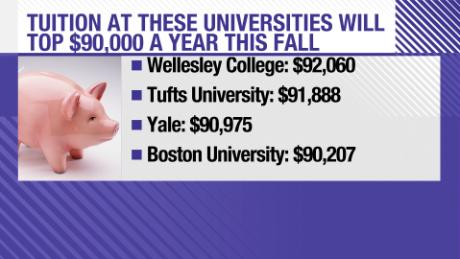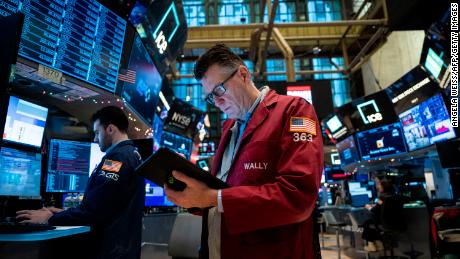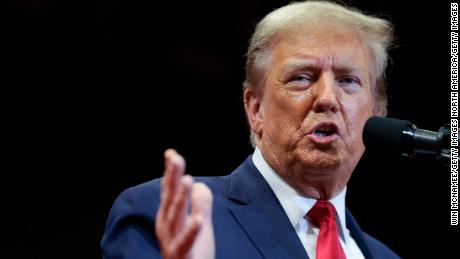New York (CNN Business)The job market may be cooling off, but it probably eked out another respectable month of job growth in July after a surprisingly strong June.
Economists polled by Refinitiv estimate the economy added 164,000 jobs last month, with the unemployment rate remaining steady at 3.7%.
That would represent a slowdown from the 192,000-job average over the past year, and the 171,000-job average over the past quarter ŌĆö but more than enough to absorb everyone who enters the labor force in a typical month.
Here's where we are more than 10 years into this economic expansion: The unemployment rate has been at or under 4% for 16 straight months. Year-over-year percent growth in average hourly earnings has been above 3% for nine months, well above inflation.
Businesses remain nervous about tariffs ŌĆö and in some sectors, they're seriously suffering. But finding qualified workers still tends to be their biggest concern, according to the National Federation of Independent Business.
The job market's unprecedented run has made a drop-off in the pace of hiring seem like an inevitability, especially with business investment falling precipitously, as the first-quarter GDP report showed. But consumer spending has remained buoyant, powering the economy toward solid growth while not taking on too much debt.
As it has for months, the question at this point remains: How many workers are left to be pulled back into the labor force? And what combination of wages, benefits, and other supports like training and transportation are needed to help then participate?
The labor-force-participation rate for prime-age workers is still about 8.5 percentage points below its all-time high in the late 1990s, suggesting there's quite a bit of room to bring people into jobs ŌĆö particularly people in their early 20s, whose participation has only perked up over the past year after a long slide.
The concern is that the pace of job creation will slow before the healthy economy reached all the groups who traditionally face barriers to employment ŌĆö including African Americans and people with disabilities. Job creation could also slow before the economy is able to push wages up to a point where people can save enough to live comfortably in retirement.
That's why it's concerning to see the job-openings rate flatten out, as it has in recent months. Although job cuts and layoffs slowed in July from previous months, according to the outplacement firm Challenger Gray & Christmas, they're still up 35.8% this year over the first seven months of 2018.
We're still not living in the best economy yet for everyone.





















